You can read the previous part here: Part 4
*****
I wait for a few tense moments to open my eyes. Smiling, I slowly open them, only to be disappointed in what I see. For what I see is not the abundant paradise that I had hoped for. No, what I see is the pagoda that I was in already. This is a disaster. A huge one!
But where is the light coming from?
Blue light is still shining from a corner of the pagoda. I get up and walk to that corner. There, I see the soft light up close. It is neither hot nor cold. It is neither bright nor dim. It is neither large nor small.
In short, I have no damn clue what it is, and I won’t pretend that I will ever have any. Actually, I have a lot of ideas about what it is but am not certain or uncertain.
“Ah!” I scream. The scream is neither loud nor soft, and my voice is not deep or high.
“What is happening to me?” I ask.
“You are simply experiencing emptiness,” a voice says to me.
I turn around, looking for the source of these words. I cannot locate it successfully. “Where are you?” I ask.
“I am everywhere, and I am also nowhere,” the voice says.
“Really?” I question, trying to figure out who the owner of this voice could be.
“No, not really. I am right behind you,” the voice says.
I swivel around to face the light. Or rather, the spot where the light once was. For the light is gone, and the figure of a woman replaces it.
The woman is instantly recognizable as the bodhisattva Guanyin. I bow to her, showing as much respect as I can muster at that moment. Finally, I ask her, “Was that really emptiness?”
“No, not really,” she says again. “This is emptiness.”
For a moment, I experience something. Or maybe I experience nothing, for the feeling can only be described as, well, emptiness. It is indescribable, but I do not feel elated like masters have told me. I just feel nothing.
I get snapped back to reality by Guanyin clearing her throat. “That was emptiness,” she repeats.
“Bodhisattva Guanyin, could you be so kind as to tell me why I am not in the Western Paradise at this moment?” I ask her.
“Patience, child,” the bodhisattva says. “You will make it to Paradise soon. The Amida Buddha has simply sent me to teach you some things before you make your way into the Western Paradise.”
“What things, bodhisattva Guanyin?” I ask.
“Listen, child,” she says and begins to speak.
“There are five aggregates of clinging: form, sensations, perceptions, impulses, and consciousness. They are known as skandhas.
The form is not different from emptiness, and emptiness is not different from form. Sensations, perceptions, impulses, and consciousness are also empty. But, there is no form, no perceptions, no impulses, and so forth in emptiness.
Emptiness neither appears nor disappears. It is not dirty or pure, and it doesn’t increase or decrease.
All paths of dharma are, in reality, emptiness. There is no ignorance, nor is there any wisdom. There is no immortality, and neither is there old age or death.
The bodhisattva lives by this truth and understands dharma’s essence better than any other,” she finishes.
“I don’t understand,” I say. “If emptiness is form, how is there no form in it?”
“The answer to your question lies in your question. Emptiness is everything, yet it is nothing. Everything that you see here is emptiness,” the bodhisattva explains.
“Even my very own body?”
“Yes,” Guanyin says. “Your body is a temporary illusion. In truth, it is emptiness. You will have countless bodies as you are born again and again. Every one of them is temporary and is simply a part of emptiness. Emptiness gives rise to form.”
“And how is there no old age or death in emptiness?” I ask.
“What is age?” Guanyin asks. “It is an imagined concept. Why should a revolution around this sun of ours mean anything to us? The body is like a caterpillar that turns into a butterfly: with time, it grows frailer, and finally is reborn into another temporary body, and so on until nirvana is attained. What you call death, I call a new beginning.”
“I cannot remember all of this,” I confess. “Can you please tell me a shorter way to remember this knowledge?”
“Well,” the bodhisattva says, “Emptiness is difficult to explain in words. Chant this mantra, and all of this shall become clear to you. You will attain nirvana by repeating this mantra. So repeat after me,” she pauses.
“Gate gate paragate parasamgate bodhi svaha,” she says.
“Gate gate paragate parasamgate bodhi svaha,” I repeat.
“Good,” she says. “Now sit on that rug, and repeat this a hundred and eight times.”
I sit on the rug and start chanting the mantra. Guanyin disappears in a flash of light, and I keep chanting the mantra. 106, 107, 108! I sit in place, expecting something to happen. Nothing happens.
I open my eyes and feel a sudden sense of calmness. I am still in the pagoda, but the light is surrounding me now. I get up and walk out of the pagoda to see the land I had seen earlier, but with one major difference: there is no more destruction, no more ash on the ground. And Master Subarashi is facing me.
“Master, we have done it!” I rejoice.
“Yes, Tengoku,” he says. “We have reached the Western Paradise. I trust that the bodhisattva Guanyin taught you the heart of all dharma?”
“Yes, Master,” I say. “But how did you know?”
With a flash, Master Subarashi becomes younger. He looks more serene all of a sudden. His features are unmistakably the ones of a certain Amida Buddha.
“Buddha Amida?” I cry and bow to him.
“Child, you have done well to reach paradise. In your previous life, I had taught you dharma myself, and I wanted to complete your journey to the Western Paradise.”
I am shocked. He calmly says, “Gate gate paragate parasamgate bodhi svaha.”

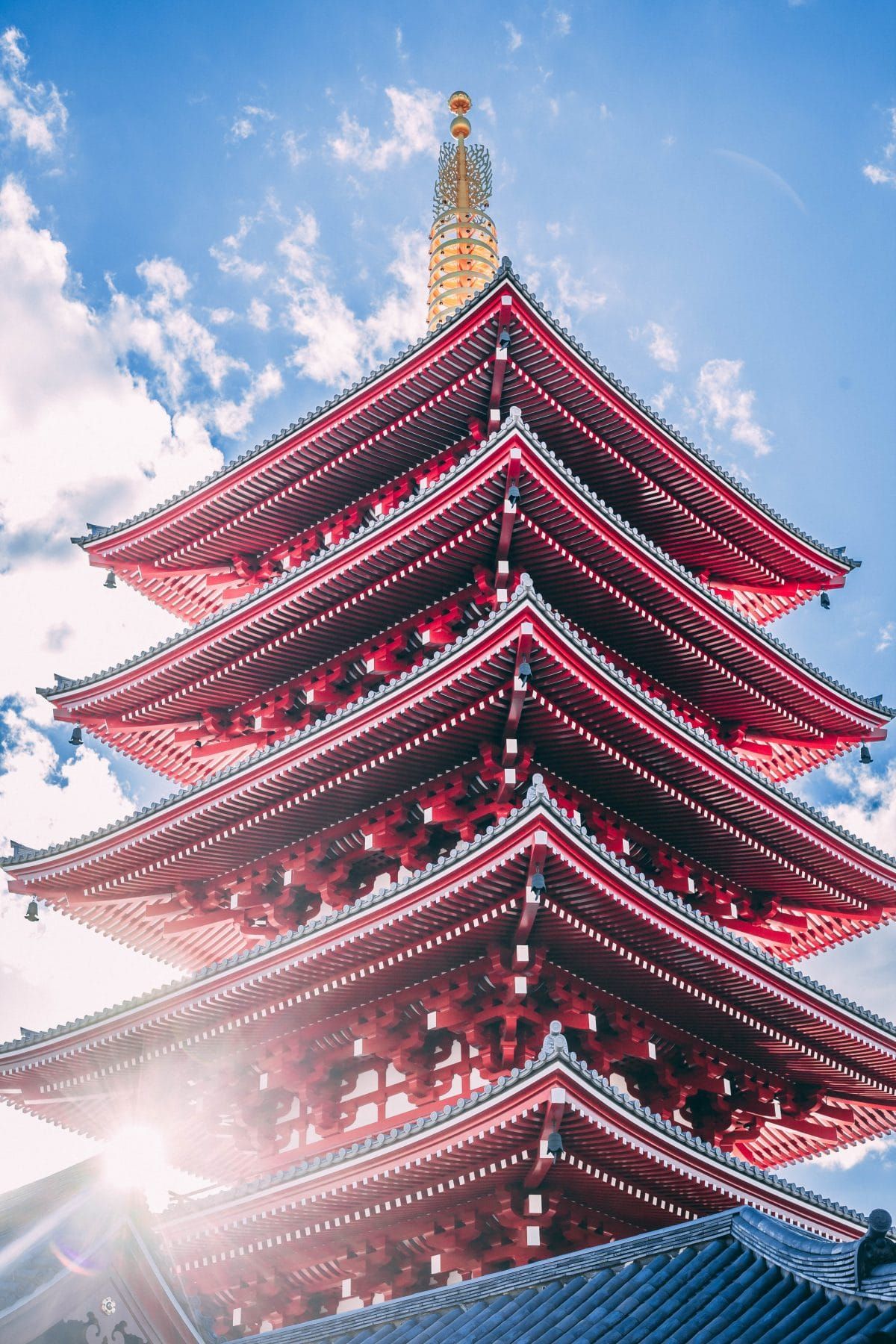
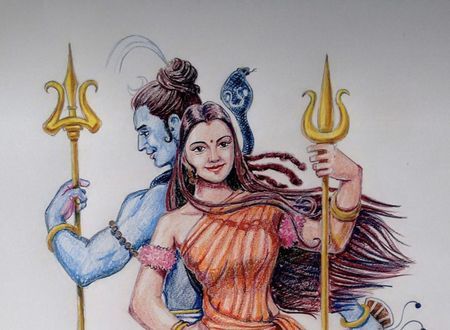
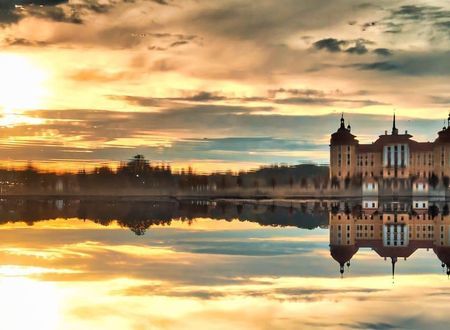
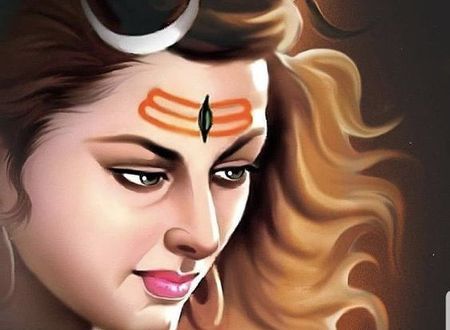
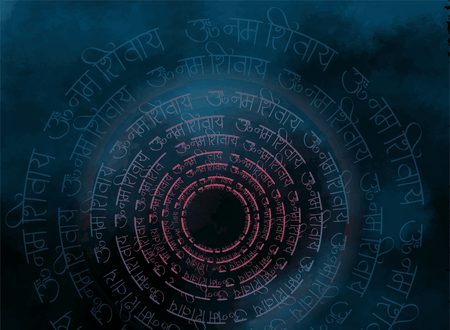
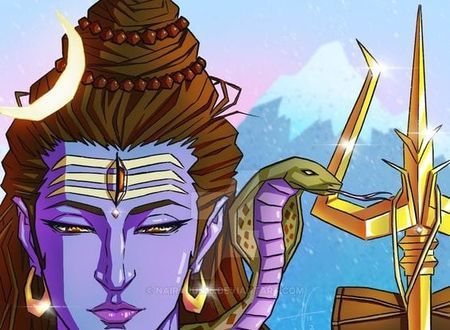


Comments & Discussion
27 COMMENTS
Please login to read members' comments and participate in the discussion.